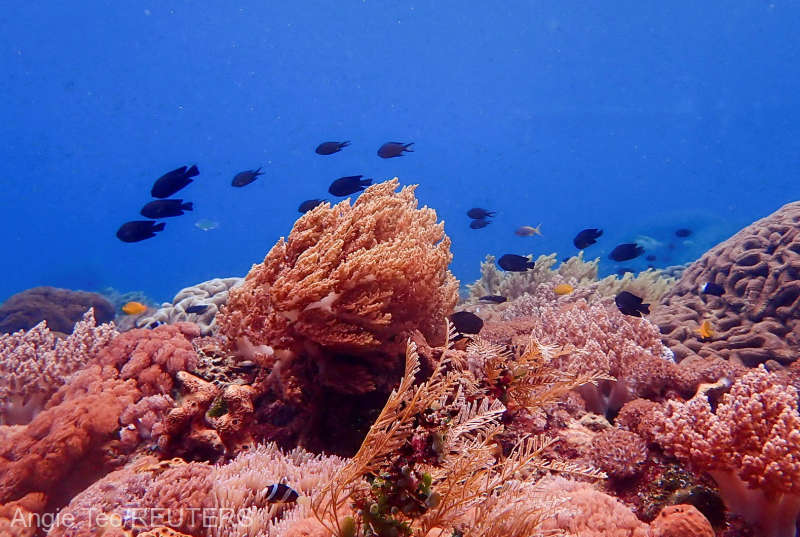The Romanian authorities have chosen more restrictive conditions than those that would have been imposed by the Anti-Tax Avoidance Directive and the period of six months established by the Tax Code for the entry into force of new provisions is not allowed for, says Daniel Petre, Deloitte Romania director, in a point of view on this topic, submitted to Agerpres.
"The draft for amending the Tax Code transposes the Anti-Tax Avoidance Directive earlier by a year from the deadline requested by the European Commission. From this perspective, the intention of the Government to clarify ahead of time the way in which it takes over the general norms of the directive is commendable, since it allows the member states to opt for certain ceilings and quotas. However, we note, on the one hand, that the six-month period set by the Fiscal Code for the coming into effect of some new provisions is not allowed for, and on the other hand that the Romanian authorities have chosen more restrictive conditions than the directive would have permitted. For example, the main novelty that refers to introducing a different rules for the deduction of interest-related expenditures when calculating the profit tax takes into account a smaller ceiling of 200,000 euros, compared to the 3 million euros allowed by the directive for the full deduction of borrowing costs," Petre said.
At the same time, he says, the deduction limit was set at 10pct compared to 30pct of EBITDA for costs exceeding the ceiling of 200,000 euros, which for "group companies" will mean they will "finance themselves by 16pct more expensive both from affiliated sides as well as from financial institutions. Under these conditions, independent companies, which do not have these limitations and will benefit from full deduction of borrowing costs seem to be at an advantage. This variant chosen in the draft may have a deterrence effect on some investors who, if they only considered the tax regime, they would prefer other states where the directive was implemented in a less restrictive way," Petre said.
According to him, another changes target micro-enterprises. "The income ceiling to which the income tax on microenterprises is applied is increased from 500,000 euros to 1 million euros and the conditions until now that have restricted certain activities from the application of this tax are removed. Secondly, the possibility for companies with invested capital of at least 45,000 lei to opt for profit tax is eliminated. The main consequence will be the compulsory registration of a much larger number of companies in this category, which is likely to simplify the tax administration. However, the lack of the option to pay profit tax will be problematic for some companies, especially for new ones that make new investments. They cannot deduct the expenditures incurred during the investment period until their revenues reach the ceiling of 1 million euros," the Deloitte Romania official added.
































Comentează